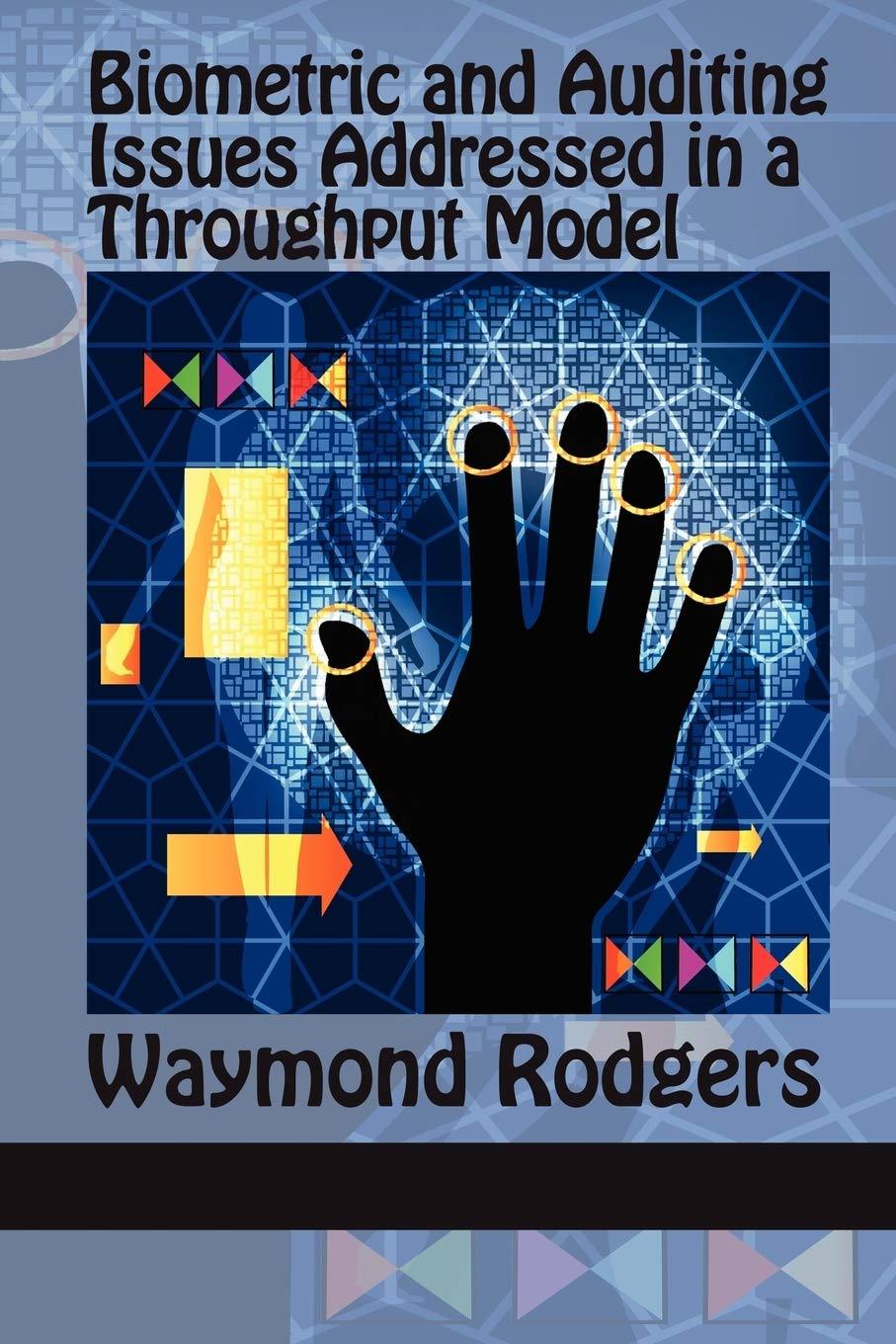
Problem 13-76 (a) (LO. 6) Rodriquez owns real estate (adjusted basis of $57,000 and fair market value of $65,000), which he uses in his business. Rodriquez sells the real estate for $65,000 to Jones (a dealer) and then purchases a new parcel of land for $65,000 from Franklin (also a dealer). The new parcel of land would normally qualify as like-kind property. a. What are Rodriquez's realized and recognized gain on the sale of the land he sold to Jones? On the sale of real estate, Rodriquez's realized gain is $ and recognized gain is $ b. Rodriquez's basis for the land he purchased from Franklin is $ C. Indicate whether the following statements are "True" or "False" regarding what would motivate Rodriquez to sell his land to Jones and purchase the land from Franklin rather than exchange one parcel of land for the other. If Rodriquez sells the parcel of land, the sale would have resulted in the realized gain being postponed. If Rodriquez sells the parcel of land, the recognition of gain permits him to have a higher basis for the new parcel of land. If Rodriquez sells the parcel of land, he may have some losses with which he can offset the recognized gain. If Rodriquez exchanges the parcel of land instead of selling it, the exchange would result in a nondeductible loss. d. Assume the facts in part (a) except the adjusted basis of Rodriquez's original parcel of land is $65,000 and the fair market value of both parcels of land is $57,000. What are Rodriquez's realized and recognized gain or loss on the sale of real estate? of $ This is Rodriquez has a realized because Rodriquez and a recognized able to avoid 1031 treatment. What is Rodriquez's basis for the land Rodriquez acquires from Franklin? Problem 13-76 (a) (LO. 6) Rodriquez owns real estate (adjusted basis of $57,000 and fair market value of $65,000), which he uses in his business. Rodriquez sells the real estate for $65,000 to Jones (a dealer) and then purchases a new parcel of land for $65,000 from Franklin (also a dealer). The new parcel of land would normally qualify as like-kind property. a. What are Rodriquez's realized and recognized gain on the sale of the land he sold to Jones? On the sale of real estate, Rodriquez's realized gain is $ and recognized gain is $ b. Rodriquez's basis for the land he purchased from Franklin is $ C. Indicate whether the following statements are "True" or "False" regarding what would motivate Rodriquez to sell his land to Jones and purchase the land from Franklin rather than exchange one parcel of land for the other. If Rodriquez sells the parcel of land, the sale would have resulted in the realized gain being postponed. If Rodriquez sells the parcel of land, the recognition of gain permits him to have a higher basis for the new parcel of land. If Rodriquez sells the parcel of land, he may have some losses with which he can offset the recognized gain. If Rodriquez exchanges the parcel of land instead of selling it, the exchange would result in a nondeductible loss. d. Assume the facts in part (a) except the adjusted basis of Rodriquez's original parcel of land is $65,000 and the fair market value of both parcels of land is $57,000. What are Rodriquez's realized and recognized gain or loss on the sale of real estate? of $ This is Rodriquez has a realized because Rodriquez and a recognized able to avoid 1031 treatment. What is Rodriquez's basis for the land Rodriquez acquires from Franklin







